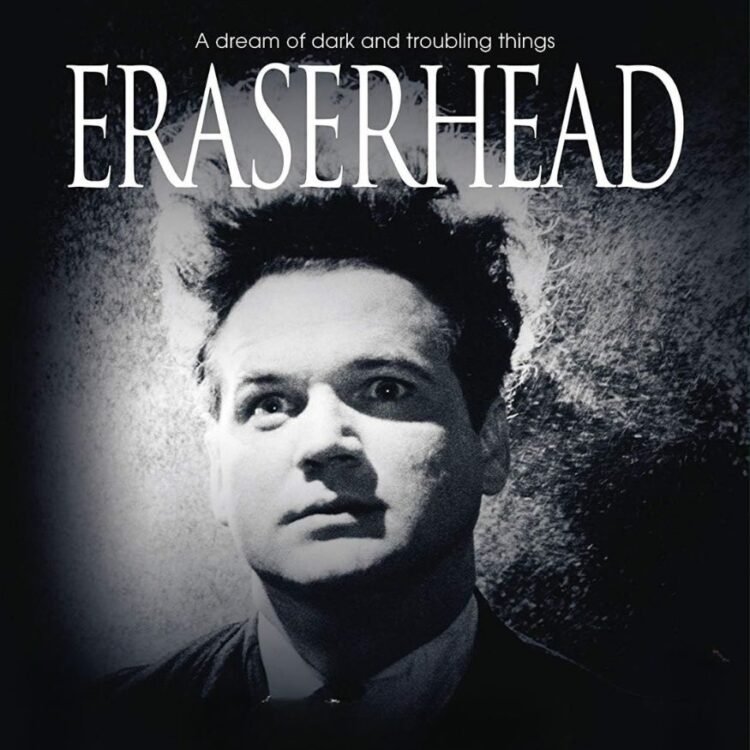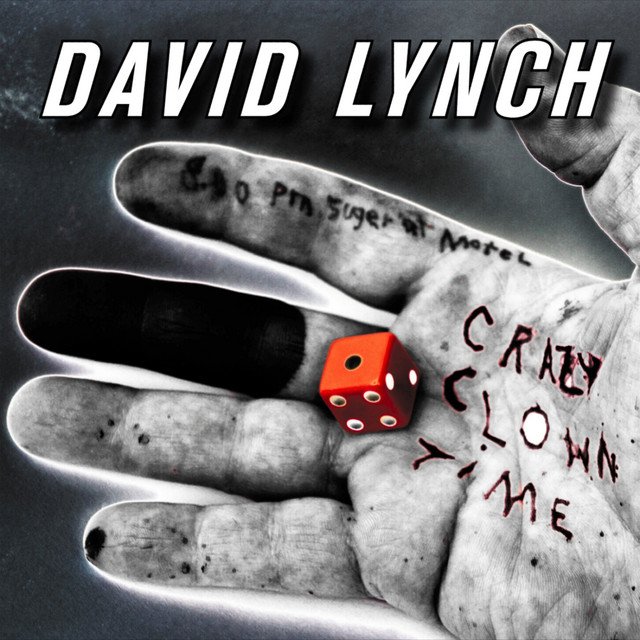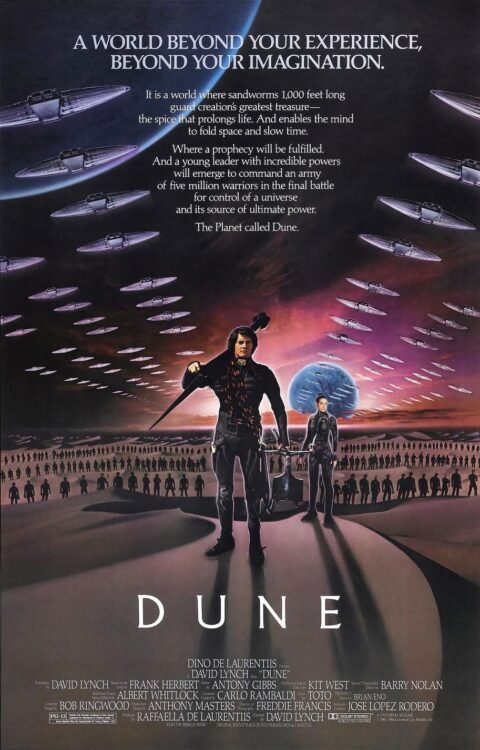When you think of David Lynch, you probably picture a severed ear on a lawn, a red-curtained room where time bends like a cheap spoon, or maybe just a damn fine cup of coffee.
But his reach goes far beyond these iconic images, shaping the way we consume and create surrealism across art, music, and television.
The Birth of “Lynchian”
The word “Lynchian” has made its way into the Oxford English Dictionary, a linguistic nod to a career defined by its eerie mix of the mundane and the surreal.
Lynch’s ability to turn the ordinary into the otherworldly is unmatched.
He made diners ominous (Twin Peaks), suburban lawns unsettling (Blue Velvet), and highways existentially terrifying (Lost Highway).
But what makes something “Lynchian”?
Is it the backwards-talking man in your dream? Or the creeping sense that the milkshake you’re drinking knows something you don’t?
It’s both and neither. Lynch’s gift is creating narratives that exist just outside of our grasp, lingering in the uncanny valley of human experience.
From Canvas to Celluloid: A Visual Artist at Heart
Before Lynch made films, he painted. And his paintings weren’t exactly still lifes of fruit bowls.
Think abstract, grotesque, and deeply psychological. This visual sensibility never left him.
His films look like moving paintings, each frame meticulously crafted to evoke both wonder and discomfort.
Take Eraserhead, his feature debut. Shot in stark black and white, it feels like wandering through a fever dream.

The film’s aesthetic—industrial decay meets grotesque intimacy—set a template for the visual language of modern surrealism.
Speaking about his approach, Lynch once remarked, “I look at the world and I see absurdity all around me. People do strange things constantly, to the point that, for the most part, we manage not to see it. That’s why I love coffee shops and public places—I mean, they’re all out there.”
This perspective underscores the deeply observational quality of his work.
Lynch and Music: A Symphony of the Uncanny
Lynch’s influence isn’t confined to film. His collaboration with composer Angelo Badalamenti on Twin Peaks produced a score that’s as much a character as Agent Dale Cooper.
Those ethereal synths and haunting melodies? They’ve seeped into the DNA of modern music.
Trent Reznor of Nine Inch Nails, a frequent collaborator, once described Lynch’s work as “a labyrinth of emotion and distortion,” citing their partnership on the soundtrack of Lost Highway as a creative milestone.
Similarly, Lana Del Rey’s cinematic music videos, with their noir aesthetics and dreamy melancholy, owe much to Lynch’s visual and thematic language.

Lynch’s own albums (Crazy Clown Time and The Big Dream) are sonic experiments, blending eerie soundscapes with his unsettling, almost whispered vocals.
Listening to them is like stepping into one of his movies—disorienting, but you can’t look away.
Television Reinvented: The Twin Peaks Effect
When Twin Peaks premiered in 1990, television wasn’t ready. The show’s mix of soap opera tropes, supernatural elements, and outright absurdity was a risk that paid off.
Without Twin Peaks, we might not have The Sopranos, Stranger Things, or any other series that dares to be weird.
Mark Frost, co-creator of Twin Peaks, once noted, “David has this ability to make you look at the familiar and see the bizarre. It’s a rare gift that forces you to question everything.”
That ethos transformed episodic storytelling, encouraging creators to experiment with ambiguity and non-linear narratives.
The Lynchian Legacy in Pop Culture
Lynch’s fingerprints are all over today’s pop culture. Filmmakers like Denis Villeneuve (Arrival, Dune), Ari Aster (Hereditary), and Jordan Peele (Us) have drawn on his ability to blend horror, drama, and surrealism.
Peele, in particular, has cited Lynch’s knack for juxtaposing the banal with the terrifying as a major influence on Get Out.

Even his failed adaptation of Dune has become a cult classic, inspiring a new generation of sci-fi auteurs.
Denis Villeneuve, who helmed the 2021 adaptation of Dune, remarked, “Lynch’s Dune was a flawed masterpiece. It showed what could be done when you let imagination run wild.”
And let’s not forget his impact on fashion and advertising. Those moody Calvin Klein ads from the ’80s? Pure Lynch.
The eerie, off-kilter vibes of recent music videos? You can trace them back to Blue Velvet and Wild at Heart.
Seeing the Strange in the Everyday
David Lynch’s work endures because it taps into something universal and timeless: the strangeness of being alive.
His films and shows remind us that the extraordinary often hides in plain sight, waiting to be discovered by those who dare to look closer.
As Lynch himself said, “It’s not about looking; it’s about seeing.”
You might also like:
- Anatomy of Lies: The Scandal, the Storylines, and the Scrutiny
- Woman of the Hour Review: Anna Kendrick’s Dating Game Killer Film Redefines True Crime Through the Female Gaze
- Richard Gadd: From Comedy’s Fringe to TV’s Cutting Edge
- Keke Palmer and SZA Star in One of Them Days—A Comedy You Didn’t See Coming


